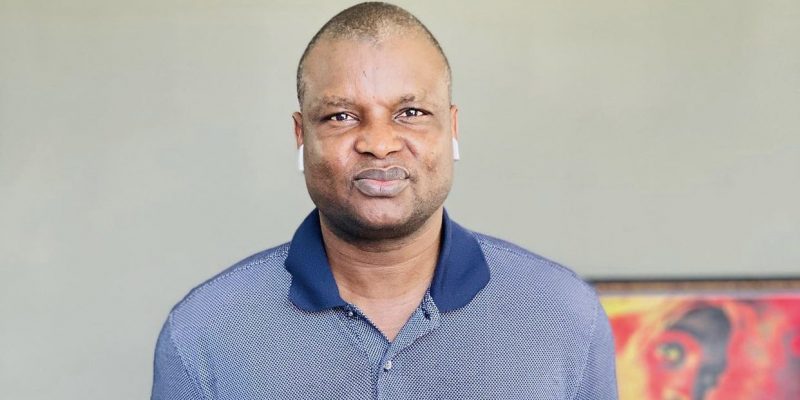By Nkasi Kolie
A crack team of the National Drug Law Enforcement Agency (NDLEA) is currently investigating fresh drug scandal linked to the suspended Deputy Commissioner of Police, DCP Abba Kari and members of his Intelligence Response Team (IRT).
The probe according to competent sources, centred on the seizure of N3 billion worth of a consignment of Tramadol in a warehouse in Lagos State.
The illegal drug was said to have been imported into Nigeria by an individual who claimed to be a pharmacist, but was seized by members of the IRT who got wind of it.
The alleged seizure which took place since last year, according to sources, was not reported to the NDLEA by Abba Kyari’s team.
“I can tell you that the agency is currently investigating the matter. From available information, it means that the IRT may have sold the consignment. But like I said our investigation will get to the root of the case.”
The NDLEA had on Monday February 14, declared Kyari wanted for aiding and abetting drug pushing and running his own cartel.
Five hours after the declaration, the Nigerian Police Force handed over the suspended DCP Abba Kyari, and four others to the anti-narcotic agency for interrogation.
The suspects had been in the custody of the agency since Monday, a period exceeding the constitutional time limit for charging an accused person to Court.
Meanwhile, a Federal High Court in Abuja will on Monday rule on some of the applications filed by the NDLEA, including the one seeking an abridgement of time which was filed on Thursday by lawyers from the agency.
The motion for accelerated hearing is to fast track the determination of the preliminary issues which are condition precedent for the official filing of charges against the suspects.
Others to be charged alongside Kyari are ACP Sunday J. Ubua; ASP Bawa James; Inspector Simon Agirgba and Inspector John Nuhu.
Besides the application for the abridgement of time, the agency has equally filed an application seeking a warrant to detain the suspects in its facility beyond the statutory period of 48 hours.
The 1999 Nigerian constitution clearly states that persons arrested or detained shall be brought before a court within a “reasonable time”.
According to the constitution, the reasonable time means a period of 24 hours when a court of competent jurisdiction is within a radius of 40 kilometres to the police station or a period of two days in any other case.
Section 35(4) of the 1999 constitution states that: “Any person who is arrested or detained in accordance with subsection (1) (c) of this section shall be brought before a court of law within a reasonable time, and if he is not tried within a period of – (a) two months from the date of his arrest or detention in the case of a person who is in custody or is not entitled to bail; or (b) three months from the date of his arrest or detention in the case of a person who has been released on bail, he shall (without prejudice to any further proceedings that may be brought against him) be released either unconditionally or upon such conditions as are reasonably necessary to ensure that he appears for trial at a later date.”
Subsection 5 states that: “In subsection (4) of this section, the expression “a reasonable time” means – (a) in the case of an arrest or detention in any place where there is a court of competent jurisdiction within a radius of forty kilometres, a period of one day; and (b) in any other case, a period of two days or such longer period as in the circumstances may be considered by the court to be reasonable.”
This implies that the detention of arrested suspects for more than 48 hours without being charged to court is against the provisions of the constitution.








Comments